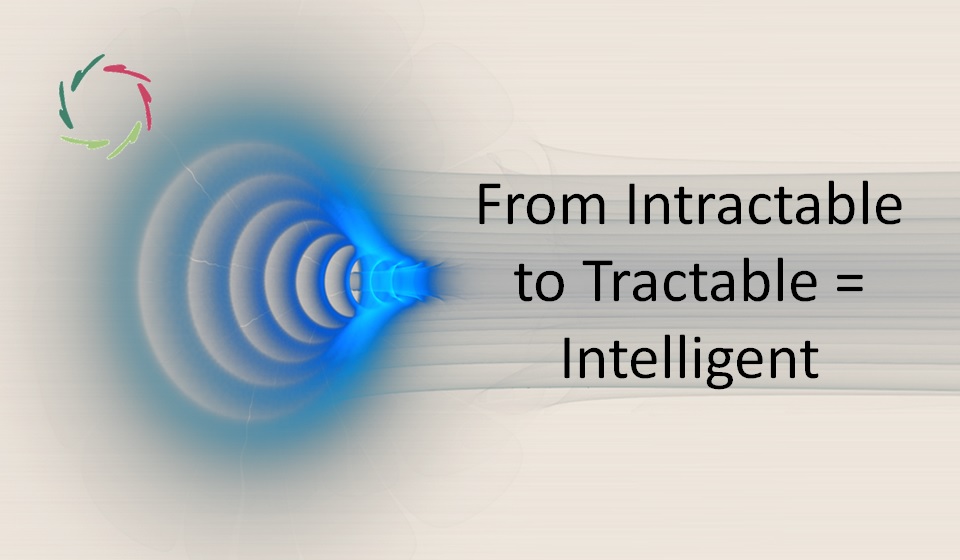The Non-Conscious is No Automaton

This insight is central to anything human-related.
Two ways to ignore the non-conscious in human mental life
These are
- by ignoring there is anything at all
- functionally, seeing it as something inactive by itself.
In the latter option, the non-conscious is something like a meaningless automaton, an entity of levers, buttons to be pushed, and wheels to be turned. At best, it’s something to be conditioned through repetition. [see: “What Did Pavlov’s Dogs Know?”]
At present, many people know about ‘the non-conscious.’ At least, many know the term and accept that it denotes something. However, they look upon ‘something there’ from afar (while nothing can be nearer). Then indeed, the non-conscious may appear like an automaton, as is also the case with the body.
This is the dual Cartesian error.
The non-conscious is the source of meaning, therefore decision, action, anything.
[see: “Non-Conscious Processing is Meaningful”]
The test: Try to let something meaningless be meaningful by conscious decision. You easily see that it doesn’t work that way. ‘Meaningful energy’ is not under conscious control.
You can try to find out why something is meaningful. This leaves you with the same difficulty. The why-thing does not become meaningful simply because you consciously decide it to be so. You may take the next step and ask again why ― and again, and again. You feel that, in doing so, you go ‘deeper’ one way or another, reaching true meaningfulness with depth.
All ‘meaningful energy’ eventually comes from depth, thus also the cause of any mental action. [see: “The Stream of Non-Consciousness”]
But depth is hard to see.
This not-seeing one’s own depth leads people into searching for meaning anywhere else.
It’s a road towards all kinds of god-seeing. Primitive people may see gods in trees and stones. Within more complex cultures, people see gods in what is imposed from birth onwards: X in culture-X, Y in culture-Y. Baby X will believe the former; baby Y the latter.
More or less, the same happens in the modern health/healthcare domain. In this also, people may believe in all kinds of stuff if reality-from-inside is not discerned as such. Our thinking is almost necessarily causal. It will not rest before it finds ‘something.’ This is pertinent to non-scientific and to scientific medicine as well. We should not lend immunity to anything where none is present. [see: “Where’s the Mind in Medical Causation?”]
Treating the non-conscious as an automaton
Not seeing that the ‘deeper self’ causes many things, solutions are also not easily sought in-depth. Unfortunately, substitute solutions frequently aggravate existing problems. This is a worldwide phenomenon with worldwide consequences.
As a result, for example, the long-term in psychotherapy is hardly or not deemed important in most research, [see: “Is Short-Term Enough in Therapy?”] nor the many social side effects, the mutual influence of people deep-to-deep.
The general consequence goes very far. It is related to the fact that Compassion comes from deep inside. [see: “Essence of Compassion“] Viewing the non-conscious as an automaton hampers it in every respect.
What is the Compassionate answer to this?


